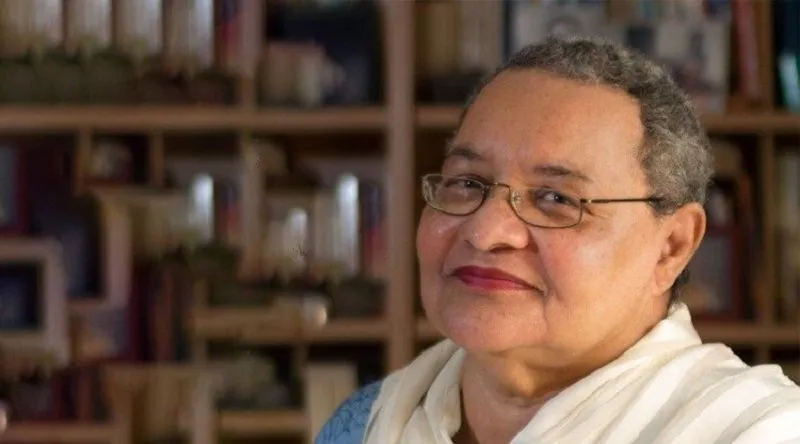Iva Cabral, daughter of Guinea-Bissau’s national hero, signs manifesto for democracy and human rights

Iva Cabral, the eldest daughter of Amílcar Cabral, a key figure in the liberation of Guinea-Bissau, has joined dozens of prominent figures in signing a powerful manifesto calling for the protection of freedom, democracy, and human rights in the West African nation.
The manifesto, which condemns the country’s political and social challenges, stresses the urgent need for safeguarding constitutional rights and the principles of democracy.
The document, which was signed by citizens from various backgrounds and countries—including Guinea-Bissau, Portugal, Angola, Germany, Brazil, Cape Verde, the United States, France, Italy, and Senegal—demands the full respect of human rights as enshrined in both national law and international treaties to which Guinea-Bissau is committed.
The manifesto emphasizes that “democracy is the only legitimate path to progress, stability, and the protection of human rights” in Guinea-Bissau.
Signatories also underscore the importance of free speech, recognizing it as “a fundamental right that supports all other freedoms and is a cornerstone of any democratic society.”
In a clear call for open discourse, the document stresses that “the peaceful coexistence of differing ideas and opinions” must be a foundation of democratic life.
It urges the government to foster debate rather than silence dissent.
Among the signatories are notable individuals such as Portuguese lawyers Ricardo Sá Fernandes and Francisco Teixeira da Mota, Cape Verdean judge Vera Duarte, Angolan agronomist Fernando Pacheco, German researcher Moema Parente Augel, and Angolan writer Ondjaki.
The manifesto condemns “any form of censorship, repression, or intimidation against journalists, activists, intellectuals, or citizens expressing their opinions.”
The signatories also call for the protection of media independence, the autonomy of public institutions—including the judiciary—and accountability in public discourse, warning against the dangers of hate speech, defamation, or incitement to violence.
Furthermore, they urge international bodies, particularly diplomatic representatives in Guinea-Bissau, to take an active role in promoting and safeguarding democracy, citizen action, and freedom of expression, especially in times of crisis.
About The Author
dailymailafric
I am an avid African news observer, and an active member of Daily Mail Africa.
I’m Passionate about staying informed on diverse topics across the continent,
I actively contribute to publishing on political, economic and cultural developments in Africa.



